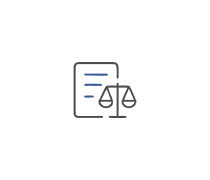Used to help America understand demographic changes; a valuable tool...
The people that move into America from other countries. 800,000 of...
The mixing of cultures, ideas, and people has changed the U.S. nation.
The science of population change.
According to Richard Dawson 'the process through which an individual...
The process of reallocating seats in the House of Representatives...
A coherent set of beliefs about politics, public policy, and public...
The level of confidence in the findings of a public opinion poll. The...
Public opinion surveys used by major media pollsters to predict...
A technique used by pollsters to place telephone calls randomly to...
Elected in 1980; said the government is not the solution to society's...
Includes many widely accepted modes of influencing government -...
Mayor Bradley projected to win an election but lost because many...
1990's - requires that employers document the citizenship of their...
Minority populations are increasing as white population decreases....
"Your people, sir, are a great beast," do not reflect confidence in...
Tries to push votes in a certain direction based on a euqstion....
People used to vote towards way of their religion set, age, where they...
Although people liked Reagan, they didn't like his policies.
The public's lack of having a basic awareness of the world around them...
As children approach adult status, some degree of adolescent rebellion...
There are conservative and liberal labels of people (more liberal...
Trusted people's good sense and believed that education would enable...
By 2020, the post WWII baby boom generation reaches senior citizen...
All the activities used by citizens to influence the selection of...
Polls help political candidates detect public preferences.
The emergence of non-Caucasian majority as compared to a white,...

















